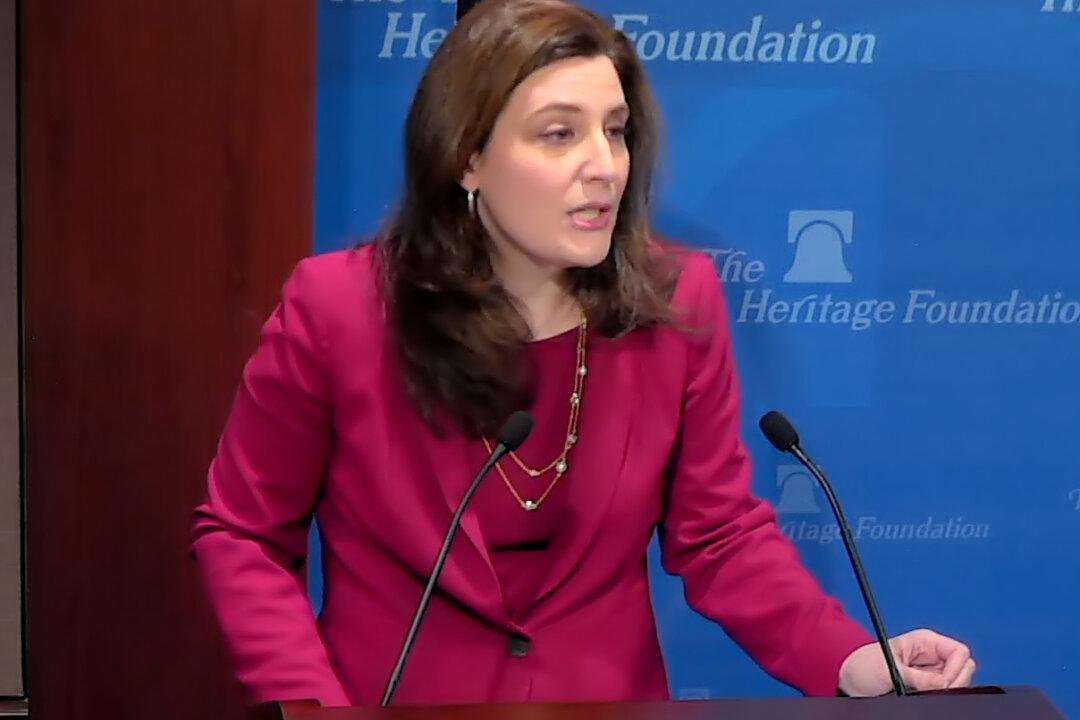News Analysis
The historically unprecedented, recent tendency of unelected federal judges to issue sweeping nationwide injunctions against the Trump administration, in which they impose their own policy preferences on the nation, is becoming a threat to the rule of law and democratic governance, a senior U.S. Department of Justice official told a Heritage Foundation audience.





